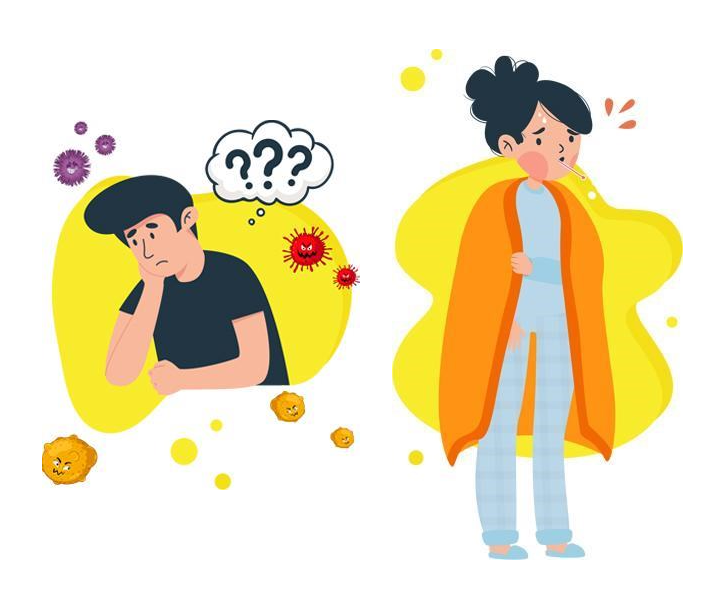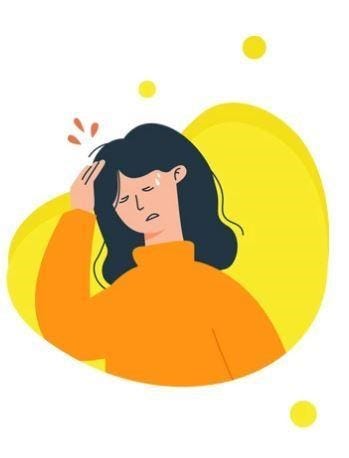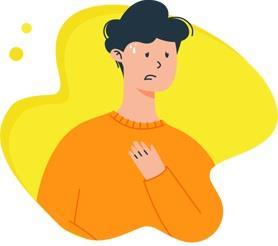Everything You Need to Know About Cold
It should come as no surprise that the common cold is the most common cause of illness in children and adults1 – but what actually is it? Well, most colds are caused by a virus that affects the nose, throat and upper airways.2 In fact, there are over 200 types of viruses that can cause the common cold, which is why it’s difficult to be fully protected against it.1
Fortunately, the common cold is often treatable at home – but if you think you might have the flu, you should see a doctor.
We’ve put together this guide so you can learn about the different types of colds with some tips for cold prevention and how to get rid of a cold if you have symptoms.
What are Cold-Related Symptoms?
Common cold symptoms can vary from person-to-person, and include:3
Runny or blocked nose

Sneezing
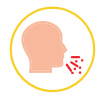
Coughs
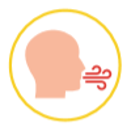
Sore throat

Mild fatigue

Other symptoms can include swollen lymph nodes, red eyes and loss of appetite. 1 A fever is rarely experienced during the common cold (unlike with the flu), although children may be more likely to experience a fever than adults.3,4 Headache, aches and pain and nausea/vomiting are also rarely experienced in adults with the common cold.3
The severity of cold symptoms also varies from person-to-person – symptoms can be mild or moderately severe.2 If you’re wondering how long a cold lasts, cold symptoms can persist from a few days to a week, but may be longer. However, most people fully recover without any ongoing problems.1
When to See a Doctor for a Cold
See your doctor if your symptoms don’t improve after three weeks,9 or if you have cold symptoms and:2,9,20,21
Your symptoms suddenly get worse
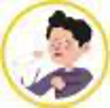
Your temperature is very high, or you feel hot and shivery
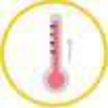
You’re worried about your child’s symptoms

You’re finding it hard to breathe or have chest pains
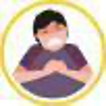
You have an existing medical condition

You are immunocompromised (i.e. weakened immune system)

Lemsip Products
Lemsip has a range of over-the-counter cold and flu relief products, designed specifically for the symptoms you are experiencing:
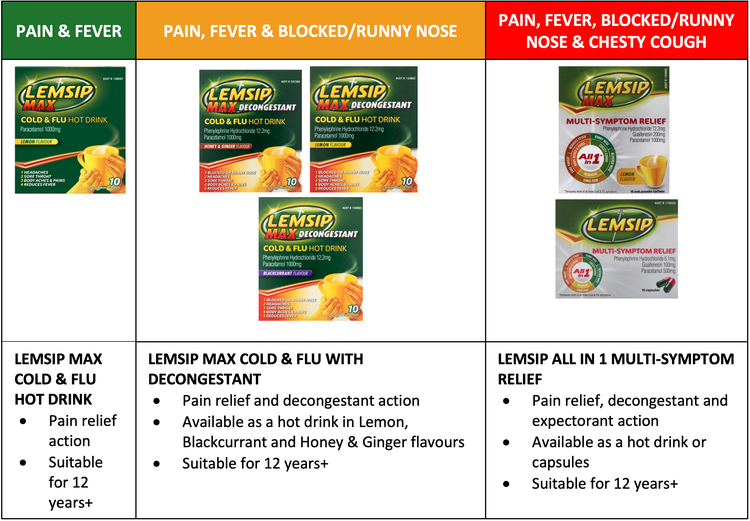
You can pick Lemsip products up from your local pharmacy or supermarket. They have different active ingredients and different formulations. If you are unsure which formulation is right for you, talk to your pharmacist.
[Disclaimer]
This article is for general information only and not intended as a substitute for medical advice. All information presented on these web pages is not meant to diagnose or prescribe. In all health-related matters, always consult your healthcare professional.
[AU Mandatories]
Always read the label and follow the directions for use. Incorrect use could be harmful. RKT-M-01559.
REFERENCES
Victorian Government. Better Health Channel. Colds. Available at: https://www.betterhealth.vic.gov.au/health/conditionsandtreatments/colds (accessed September 2022).
HealthDirect. Colds. Available at: https://www.healthdirect.gov.au/colds (accessed September 2022).
Queensland Health. What’s the difference between a cold and the flu? Available at: https://www.health.qld.gov.au/newsroom (accessed July 2020).
BMJ Best Practice. Common cold. Available at: https://bestpractice.bmj.com/topics/en-us/252 (accessed July 2020)
Eccles R. Lancet Infect Dis 2005;5:718-25.
Jacobs SE, et al. Clin Microbiol Rev 2013;26(1):135-62.
Barker J, et al. J Appl Microbiol 2001;91(1):7-21.
Rondanelli M, et al. Evid Based Complement Alternat Med 2018;2018:5813095.
Allan GM & Arroll B. CMAJ 2014;186(3):190-99.
Thielmann A, et al. Evid Based Complement Alternat Med 2016;2016: 6949202.
Kohanski MA, et al. How antibiotics kill bacteria: from targets to networks. Nat Rev Microbiol 2010;8(6):423–435.
HealthDirect. Bronchitis. Available at: https://www.healthdirect.gov.au/bronchitis (accessed September 2022).
Al-Mutairi B, Kirk V. Bacterial tracheitis in children: Approach to diagnosis and treatment. Paediatr Child Health. 2004;9(1):25-30.
Singh B, et al. Nutrients. 2022;14(9):1909.
HealthDirect. Vitamin A and your health. Available at: https://www.healthdirect.gov.au/vitamin-a-and-your-health (accessed September 2022).
HealthDirect. Vitamin C and your health. Available at: https://www.healthdirect.gov.au/vitamin-c-and-your-health (accessed September 2022).
HealthDirect. Vitamin D and your health. Available at: https://www.healthdirect.gov.au/vitamin-d-and-your-health (accessed September 2022).
Winther B, et al. J Med Virol. 2011;83(5):906-09.
Eccles R. J Clin Pharm Ther 2006;31(4):309-19.
National Institute for Health and Clinical Excellence. 2008 Respiratory tract infections – antibiotic prescribing. Prescribing of antibiotics for self-limiting respiratory tract infections in adults and children in primary care. NICE Clinical Guideline 69.
National Cancer Institute. U.S. Department of Health and Human Services. Definitions. Last updated Nov 2022 [Cited Nov 2022]. Available at: https://www.cancer.gov/publications/dictionaries
